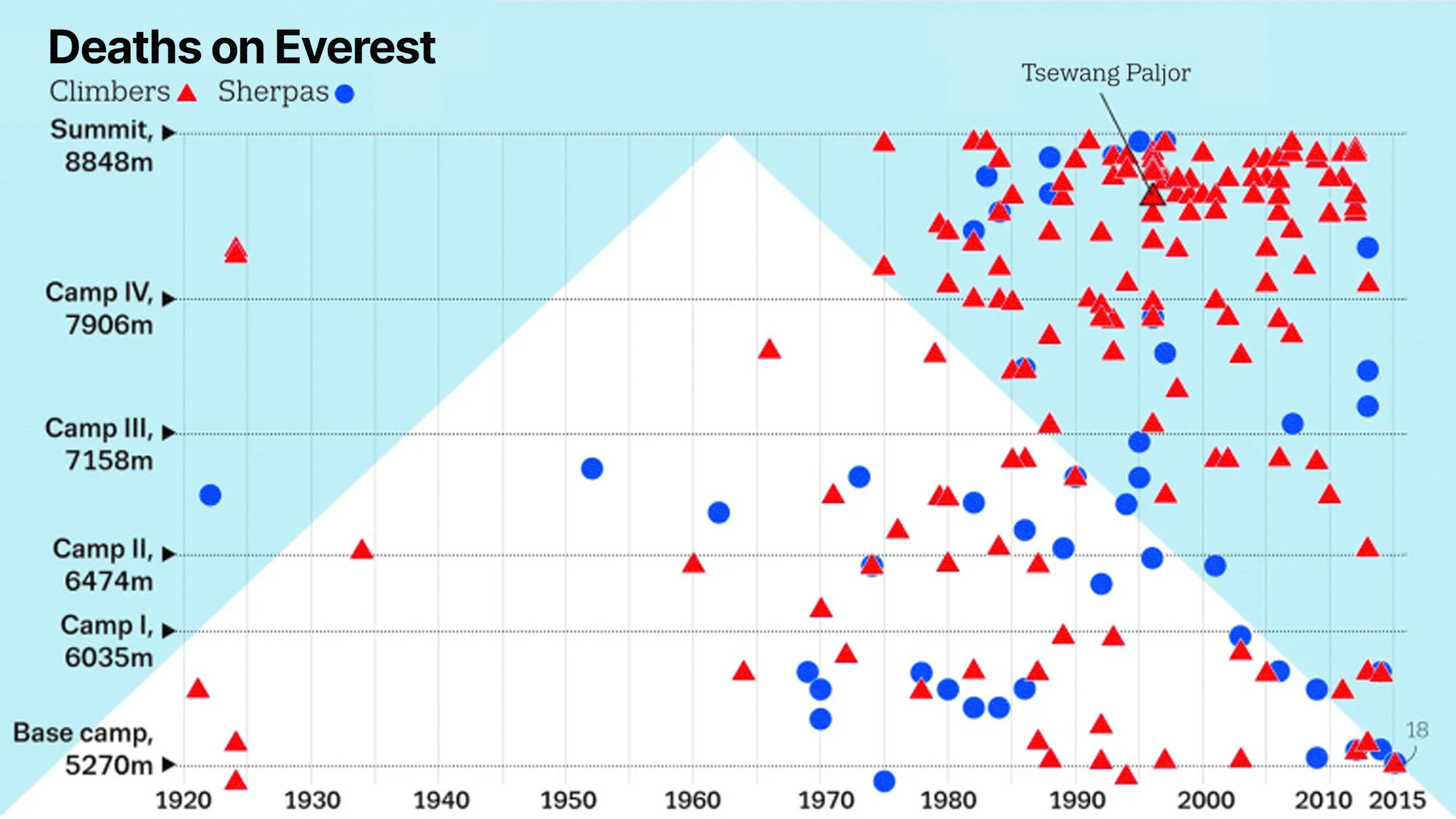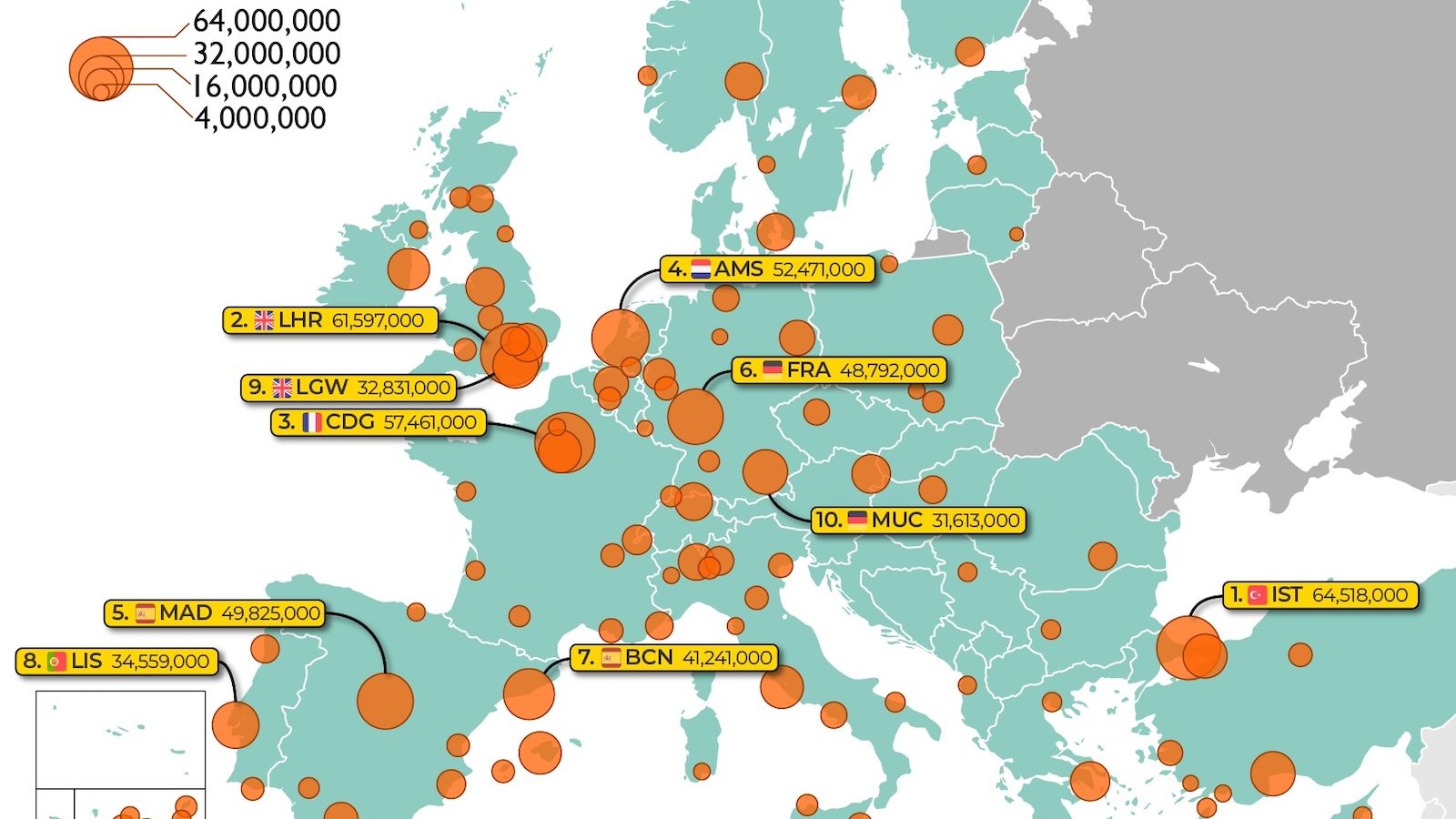A good vacation can’t be beat. Whether you’re heading to the beach, the top of a mountain, or a buzzing metropolis, it is one of the best things you can do for yourself culturally, mentally and physiologically. So why aren’t Americans packing their bags?
A 2013 study (conducted by Expedia, so consider the bias potential officially flagged) estimates that American workers don’t take all their vacation days, throwing away an estimated 557 million unused days each year, which a 2013 Oxford Economics report estimates adds up to $67 billion in lost travel spending and 1.2 million untapped jobs in the US economy.
Kathryn Minshew is the founder and CEO of career discovery platform The Muse, and she finds it astonishing that, despite the numerous studies that speak to the benefit (or the necessity) of generous vacation time, American companies haven’t changed their approach.
Researchers from the Netherlands who set out to measure the effect that vacations have on overall happiness found that the largest boost in happiness comes from the act of planning the vacation. They discovered that when a person returns from vacation, their happiness levels quickly drop back down to the base line (they speculate it’s due to the stress of returning to work and catching up). Even if the aftereffects are short-lived, the anticipatory stage is significant; for an employee, just knowing they have the freedom to plan vacations is incredibly valuable for personal wellbeing and will likely be reflected in boosted productivity.
Minshew takes the technology industry as an example, which is famous for its ‘unlimited vacation’ policy, which Minshew believes can be used for good or evil, depending on the situation and how genuine the intentions of a company are (wanting to have happy employees versus wanting to appear edgy and on-trend but not following through). Some companies, such as The Muse, even offer a one-month paid sabbatical after five years with the company. Minshew believes tight vacation policies are incredibly counterproductive in terms of staff retention, productivity, creativity and engagement. She initiated her company’s sabbatical policy as a way to honor and respect the commitment that her employees give to their jobs and to give them a real chance to take a break. Another byproduct perk is that companies with great vacation policies tend to attract better candidates.
Minshew acknowledges that some jobs require presence at certain or very regular times, but she also believes that the practice of enforcing attendance from 9 to 5 is on the way out. Trusting an employee to schedule their own work day so they can make a medical appointment, do something for their child or spouse, or rest when they feel they are not at their best is the way of the future in Minshew’s eyes. Companies that recognize their employees as full humans rather than task performers will be rewarded with commitment, loyalty, and a respect that flows both ways.
According to Terry Hartig, an environmental psychologist at Uppsala University in Sweden, the happiness that people feel in the lead up to a holiday can spread “like a contagion” to anyone you interact with. He says that Europeans, who get 20-30 days of paid vacation every year, live longer and spend less on healthcare than Americans, and that the widespread happiness caused by good vacation policies is an economic imperative as well as a quality-of-life decision. With depression costing the U.S. economy an estimated $23 billion a year in lost productivity, hopefully the financial figures will speak to business owners and policy makers when appeals to their better nature don’t.
Kathryn Minshew: Study after study comes out and says that rest, relaxation, recharging is critical to keeping employees creative and engaged, and yet I'm surprised by how many businesses don't set up their policies in a way that really support that. I can feel the difference in myself when I take adequate time to sleep, to rest, to actually take a vacation every now and then versus when it's just to go, go, go. And so in terms of policies that I've seen the effective obviously there's a fair amount of the debate right now within the technology communities in particular around unlimited vacation because I think that it can be used for good or for evil based on your situation.
The for good is more obvious. These are companies that tell people look, we need you to get your work done; we need you to behave in a responsible manner but we're not going to be tracking your vacation time. So if you need a Friday here, a Monday there, a half-day here, a week there, go do that. Often the best companies these days are giving guidelines as well. So they're saying most people take at least two full weeks plus four to eight days throughout the rest of the quarter, et cetera, whatever it is. Companies that have taken it in another direction, we've seen companies where unlimited vacation means you can have it whenever you want it but don't you dare I have it, which I think is incredibly counterproductive, both for retention and just honestly for productivity and creativity and engagement.
Some other creative strategies that we've seen, I'm a huge fan of sabbaticals. Larger companies have done these for a while; we're starting to see them among smaller companies. We actually just instituted one at The Muse for us it's after five years of working with the company we provide either a month paid for an employee to go do whatever they want, or if somebody for whatever reason would prefer it they also have the option of two weeks plus a stipend. I don't remember exactly what it is but the idea is that it would be enough to take a family on a really nice trip. And the idea is that five years is a long time, that's a really long time. And I think as an employer if you want to thank and honor and respect that commitment that someone has given to you what better way to do that then to really give them a chance to take a break.
So few of us get that in our day-to-day and sometimes people will leave your jobs just to have a period of time. And so I think being able to do that and still go back to a company that you love is really powerful. I know Intel a while back used to do that every seven years just having something that I think acknowledges the relationship between company and an individual, a human, and allows them, kind of celebrates them for who they are, gives them the space and time to engage in other commitments, family, travel, whatever it is, I think is really powerful. And again, that's not going to be feasible to for everyone, but I think at the heart it starts with for a manager, for an employer really thinking what is the best that I can provide right now and how do I encourage my team to take time off so that when we're tackling a big problem we're all fresh and we're all really excited about figuring it out.
I think we're moving away from the workplace where people have to be butts in the seats from 9:00 to 5:00 and if they need to leave for a doctors appointment or because their kid is sick or maybe they're just having a really challenging day and it would be better for them to leave and finish up that work later, I think that it's really important to support your employees in being whole humans and do your best to let them do that. So yes if that means that there may be a little bit of personal life that intrudes into work, you know, we're all connected to our smart phones 24/7 and for many people work intrudes to the personal life. Obviously I'm not talking about every job. There are roles for which exceptions are necessary or which people's presence is mandatory, but I think when you can really allow your team the trust and the freedom to manage their work and their personal life and trust that as long as they're getting their work done the fact that there may be a small amount of blending isn't necessarily a bad thing and I think ultimately can make people that much more committed to you as a company because you understand that they are whole people; they have other lives. It's that flexibility that I think we see as a very strong driver for a lot of both people who are deciding what company to go to and also obviously retention whether to stay or whether to take an offer from a recruiter, a former colleague or somebody else.





